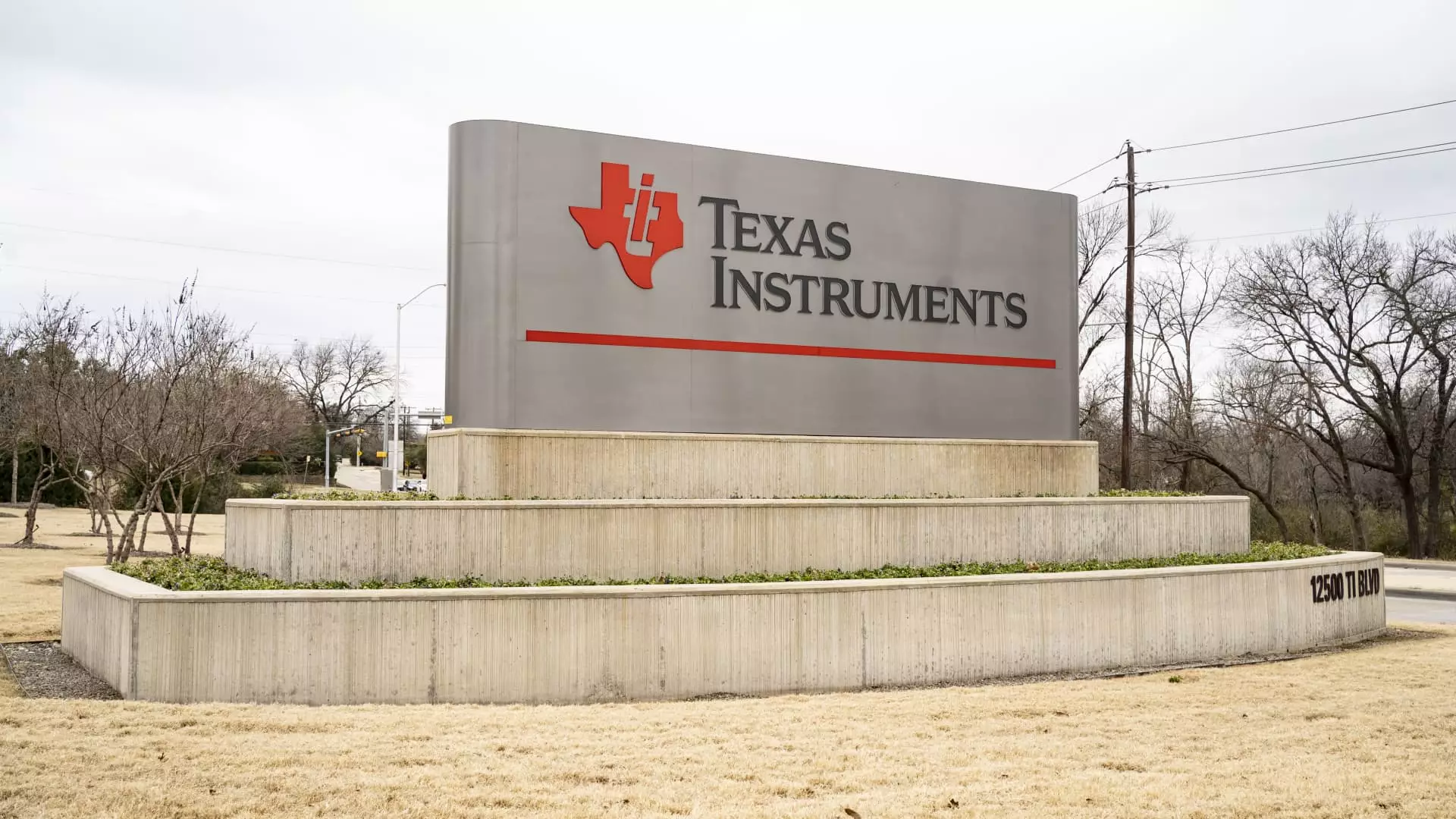In today’s up-and-down financial landscape, market optimism often masks underlying vulnerabilities that threaten to undo even the most seemingly resilient portfolios. While headlines scream about record-breaking highs and speedy rallies, the harsh reality is that market liquidity, geopolitical tensions, and policy missteps create a precarious foundation. Investors dazzled by fleeting gains should approach this environment with skepticism, recognizing that not all assets hold equal safety. Defensive stocks—those that consistently pay dividends and offer stable earnings—are not just a safe haven but a strategic necessity for protecting wealth in times of chaos.
Many investors are tempted to chase high-flying growth stocks or momentum plays amid euphoric market sentiments. However, such enthusiasm often overlooks the fundamental fragility of valuations built on speculation rather than solid earnings. Historical cycles reveal that when markets stumble, it’s the cautiously positioned, dividend-paying companies that serve as the ballast, preventing portfolios from capsizing. Meanwhile, overconfidence in the market’s resilience might leave investors exposed to sharp downturns driven by geopolitical shocks, policy errors, or macroeconomic slowdowns.
The Rising Defensive Titans: Dividend Aristocrats and Emerging Leaders
In turbulent times, stability is king. Wolfe Research’s recent analysis highlights a crucial strategy for investors: anchoring portfolios with “Dividend Aristocrats”—companies that have not just paid dividends, but have raised them annually for 25 consecutive years. These corporate stalwarts exemplify resilience, demonstrating managerial discipline and a commitment to shareholder value regardless of economic climate. Their reliability is particularly advantageous, as predictable income streams can offset capital losses during downturns.
But true strategic advantage lies in identifying emerging dividend aristocrats—the companies on the brink of joining the elite group. These are firms that boast a track record of increasing dividends over the past 15 years, signaling solid fundamentals and a proactive approach to shareholder rewards. Wolfe Research spotlighted several candidates, including Duke Energy, Texas Instruments, and Prudential Financial, each with unique strengths and vulnerabilities.
Duke Energy, for example, has increased its dividends annually since 2007, and its strategic partnership with GE Vernova positions it favorably to expand energy capacity swiftly and cost-effectively. Its share price has gained nearly 9% in 2025, reflecting investor confidence in its operational stability and growth prospects. However, Wall Street remains cautious, with “hold” ratings dominating, underscoring the ongoing debate about utility stocks’ valuation and long-term risks.
Texas Instruments presents a different case: a semiconductor giant with a 21-year streak of rising dividends. Its strategic inventory buildup and U.S. manufacturing footprint make it well-positioned ahead of a potential upcycle, even as tariffs and sector-specific headwinds threaten the broader industry. The semiconductor sector is notoriously cyclical, but TI’s stable dividend history makes it a compelling defensive pick amid economic uncertainty.
Prudential Financial’s 17-year streak of dividend hikes exemplifies resilience in the insurance sector. Despite some recent earnings downgrades and a slight share price decline, its sizable dividend yield of approximately 5% creates a cushion that income-focused investors should not ignore. Yet, concerns persist regarding interest rate impacts and fee headwinds, reinforcing the need for cautious positioning.
The Contradictions of Wall Street’s Neutral Stance
A curious phenomenon is emerging within mainstream analysis: many of these formerly “safe” stocks are now rated neutral or “hold,” reflecting skepticism over their ability to outperform in an environment fraught with headwinds. The consensus forecasts suggest moderate upside in some cases, but the risks remain palpable. This disconnect reveals an intrinsic truth—markets may appear to be climbing, yet beneath the surface, structural fragility lurks.
The reason why Wall Street maintains a neutral stance is rooted in complex macroeconomic factors: rising interest rates, inflationary pressures, geopolitical tensions, and the possibility of policy miscalculations. Investors must understand that the apparent safety of dividend aristocrats is not infallible; these are companies that can be disrupted by macro shifts, technological change, or regulatory shifts. The pragmatic approach involves not only holding these defensive stocks but also recognizing their limitations and preparing for scenarios where even these stalwarts may falter.
The Liberating Power of Defensive Stocks for the Center-Right Investor
From a center-right liberal perspective, the strategic use of defensive stocks aligns with core beliefs: responsible stewardship, prudent risk management, and a respect for market discipline. These investors recognize that wealth preservation is as important as wealth creation. Defensive stocks provide a buffer—an insurance policy—against the inevitable volatility and geopolitical shocks that threaten to erode gains from more aggressive investments.
This approach also champions fiscal independence and resilience. By anchoring portfolios with steady income streams, investors reduce reliance on market timing or speculative bets, fostering a more sustainable and autonomous approach to wealth management. Moreover, selecting resilient, dividend-paying companies can mitigate the impact of unexpected downturns and preserve capital in turbulent times.
Ultimately, the strategic inclusion of well-chosen defensive stocks is a reflection of a pragmatic, disciplined investment philosophy—one that values long-term stability over short-term thrills and recognizes that in markets as unpredictable as today’s, safety and consistency are not just conservative ideals but essential principles.

